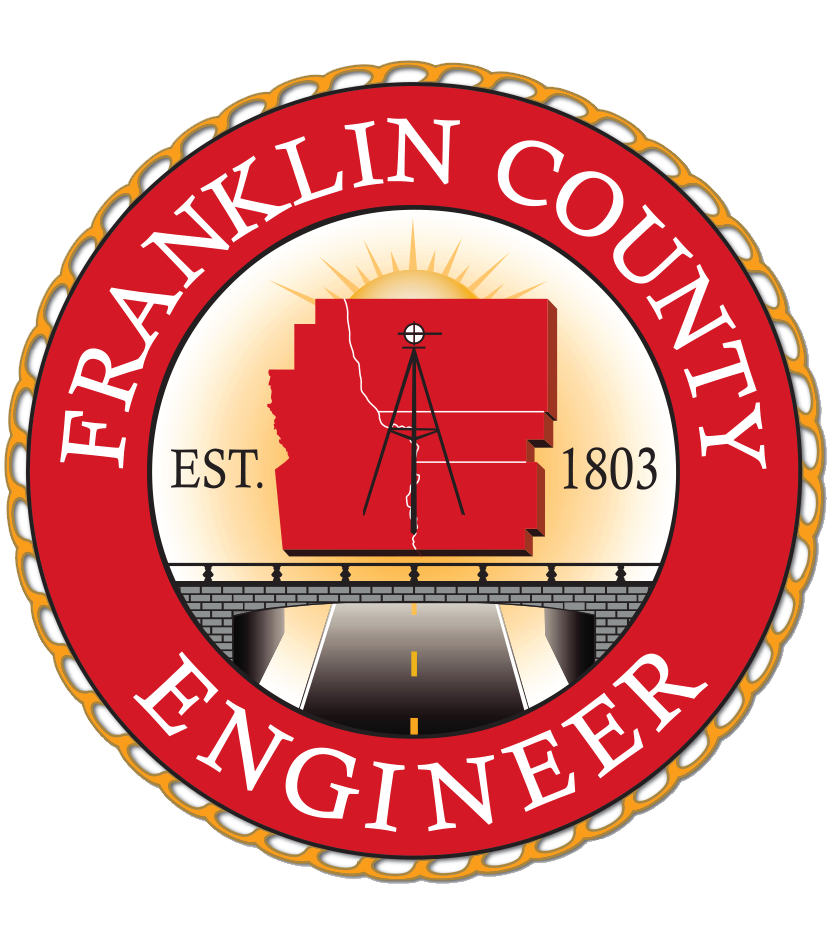Surveyor’s Journal Entry Fifteen
The Capital’s First Thoroughfares are Set
The principle thoroughfares of Columbus were set to cross each other at right angles with High Street, the major north-south route, bearing 12 degrees west of north, and Broad Street, the major east-west route, 12 degrees north of east. The exact reason for the city’s positioning remains unknown, but one theory suggests that the city is skewed 12 degrees to line up with the streets of Franklinton. Another consideration is the fact that at the time the difference between True North and Magnetic North was 12 degrees. A plat of the town not corrected for the difference would, in fact, skew 12 degrees west of north.
The other original north-south roads, from west to east, were West Street, Water Street, Third Street, Fourth Street, Seventh Street, and Meadow Lane. East-West Roads, north to south, included Last Street, North Street, Spring Street, Long Street, Gay Street, State Street, Town Street, Rich Street, Friend Street, South Street, and Public Lane.
The widest of these boulevards, surpassing the typical road width of 82.5 feet, were Broad Street (120 feet) and High Street (100 feet) that were envisioned as major arteries for travel and commerce leading to Capital Square.





